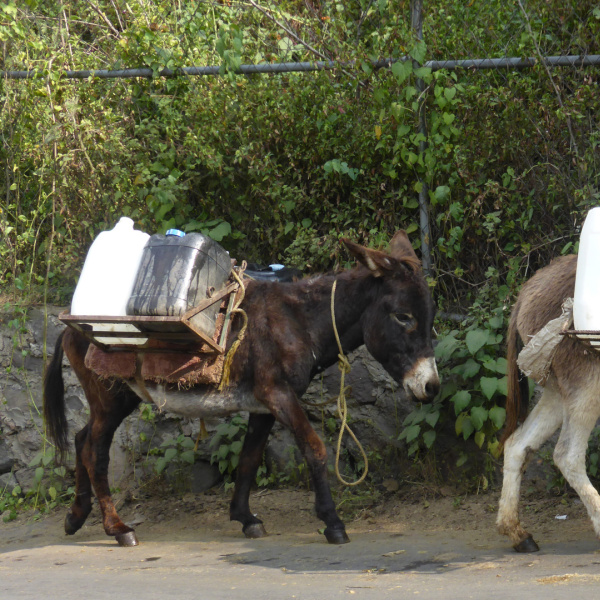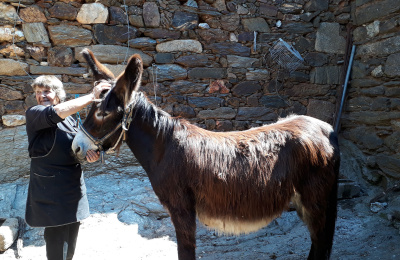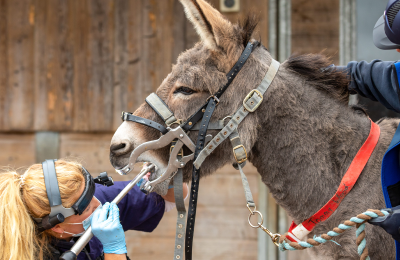Research into the welfare of working equids in three Mexican states has underpinned their value to their communities and the importance of good donkey welfare across the globe.
Donkeys are much more than companions across the world – they are a vital cog in many people’s working lives.
In many low and middle-income countries, donkeys are a critical part of the local economy, tasked with transporting goods and people or used in agriculture.
In rural communities across Mexico, donkeys are often a family’s most important source of income, working hard in often arid climates and challenging environments to provide a stable income for their owners.
People here rely heavily on their donkeys and mules, who do much of the legwork necessary to transport people and goods from one area to another.
We teamed up with The University of Portsmouth to conduct intensive research into the welfare of these working donkeys in the Mexican states of Puebla, Queretaro and Veracruz.
More than 60 per cent of the equids assessed in the study were riding or pack animals, and a small proportion were involved with agroforestry – a land management system in which trees and shrubs are combined with crops or livestock systems.
Researchers asked handlers and owners to participate and conduct welfare assessments of their animals using the Equid Assessment Research and Scoping (EARS) tool.
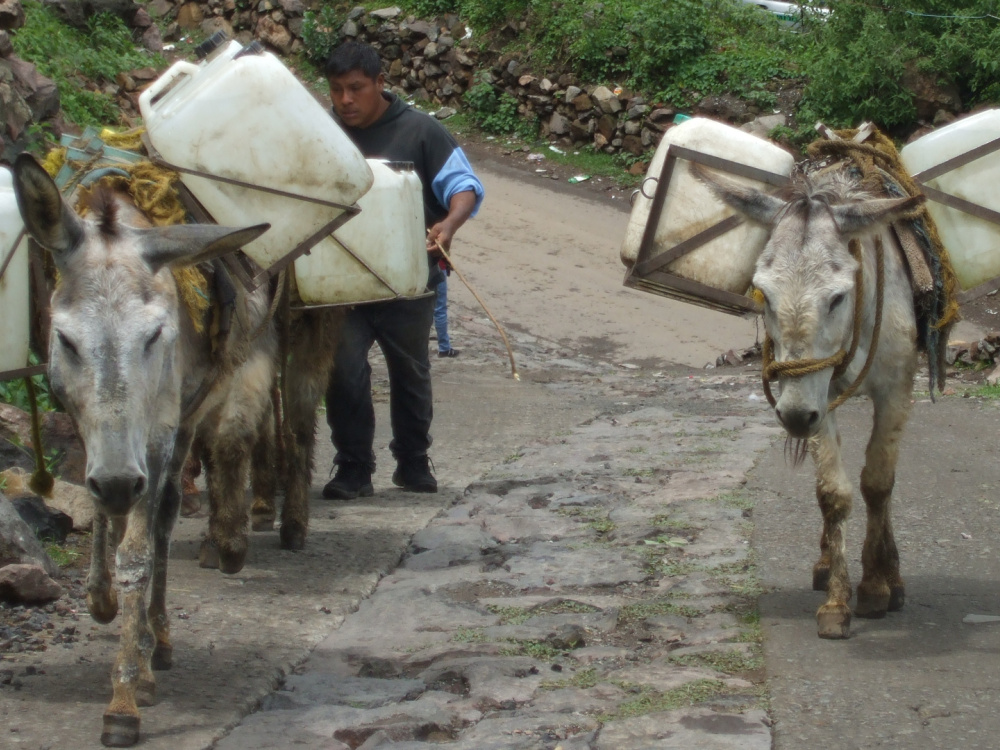
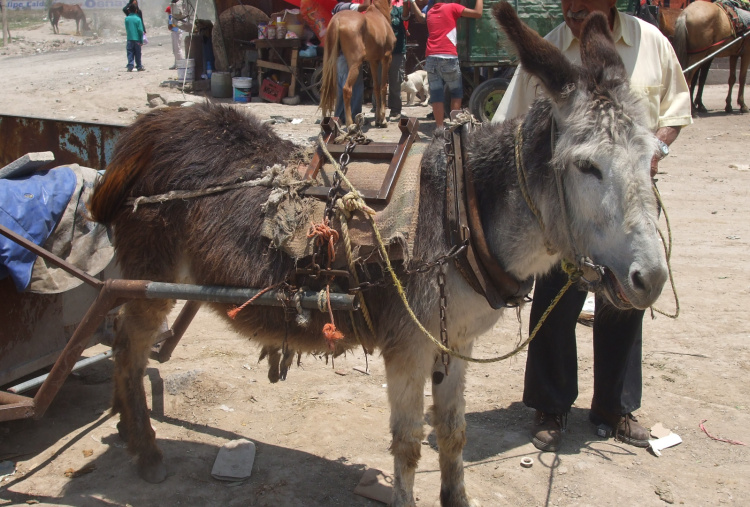
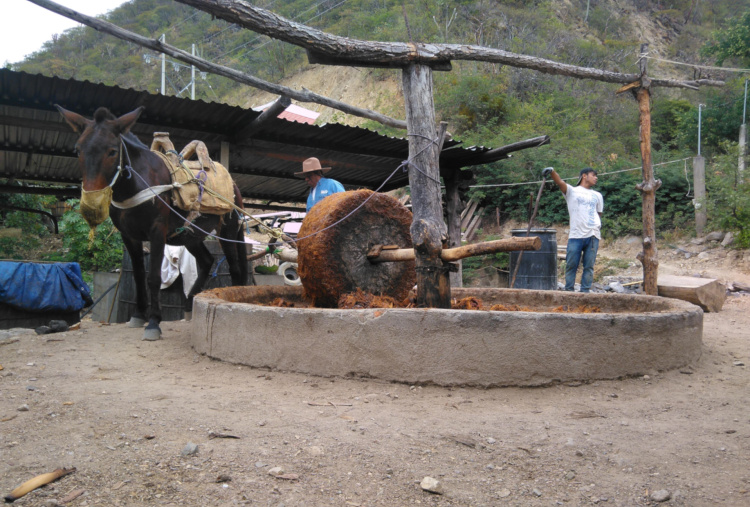
The importance of research
With 120 owners taking part, the study allowed us to gain an insight into the welfare of equids in Mexico and gauge what needs to be done to ensure they have a good quality of life.
The study was important in helping us learn what we can do to improve working conditions for equids in different regions of Mexico.
It also underpinned the importance of understanding the regional and community-specific factors which may influence welfare, so we can selectively target those to support welfare improvement.
The importance of context
Dr Faith Burden, our Executive Director of Equine Operations, Research & Operational Support, says: “Good research helps us understand the issues that working equids face.
“This knowledge helps us to design interventions which are specific to the context, and which can help to improve working equid welfare for the benefit of both equids and people.”
The research found that welfare problems varied by region and community. In each of the three Mexican states, the body condition of working equids differed significantly. We noted lower body condition scores (animals showing less than ideal body condition) in Puebla compared to Queretaro and Veracruz.
Although 60 of the 120 assessed equids were of the ‘ideal’ weight range, three animals were ‘very thin’, while 43 were ‘thin to moderate’.
Body condition scores also differed significantly according to primary work type, with better body condition seen in riding equids than pack equids.
Some of the equids we assessed were in poor health; pain, injuries, or disease negatively affect their welfare and reduce their ability to work, which also impacts the financial security of their owner.
Again, we found that Puebla saw poorer animal health than Queretaro and Veracruz. We also noted that donkeys tended to have poorer health than other equids in the study.
Dr Burden said: “It is not clear why donkey welfare was poorest in Puebla, but this study has highlighted that this region could benefit from targeted welfare improvement interventions.
“Reasons for poor welfare may be linked to community animal care knowledge and practice, the lack of available animal healthcare services, socio-economic constraints, climatic factors, or for other, as yet unknown reasons.
“Harmful practices such as branding and ear cutting cause animals to suffer. Likewise, a lame donkey or a mule with wounds from ill-fitting harness will be in pain, reducing their capacity to work and support owners.
“Results such as those gathered in this study help us to identify some of the equid-care practices within local communities so that we can deliver education to change human behaviour to improve equid welfare.”
“When it comes to understanding working equid welfare and taking steps to improve it, one size does not fit all.
Dr Faith Burden
Taking targeted steps
Understanding how cultural practices, traditional knowledge, the environment, socio-economic constraints, management practices, working roles and species‐specific factors all influence the prevalence and type of welfare problems seen in working equids will allow for carefully targeted welfare initiatives.
Dr Burden finishes by saying: “Studies such as this are important for animal welfare organisations such as The Donkey Sanctuary to identify communities where donkeys are in greatest need, and therefore, where targeted welfare interventions and education can make a significant difference."
Want to read the study?
The full study can be found online on the British Equine Veterinary Association's website.
You make research like this possible
Your support helps us carry out important research across the globe.
